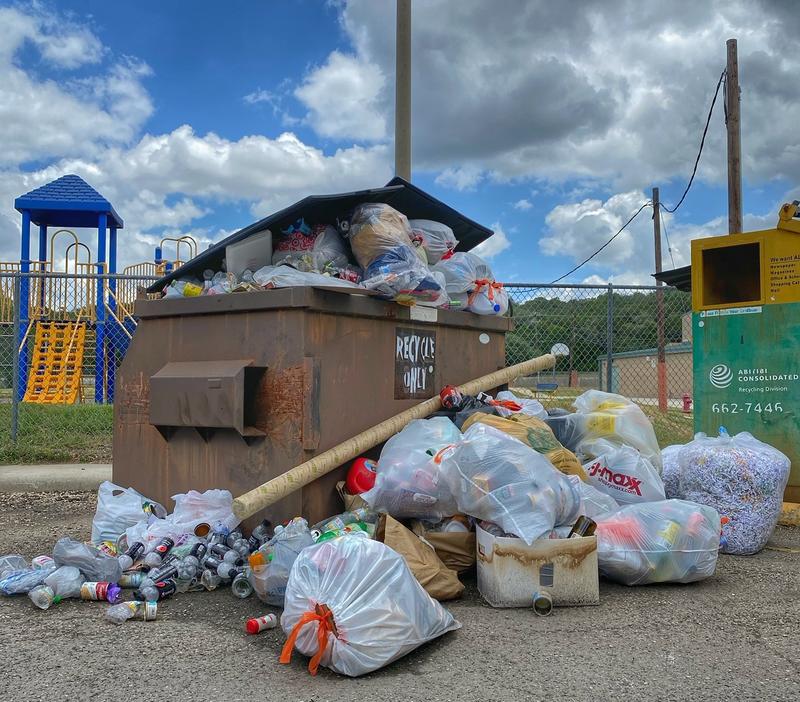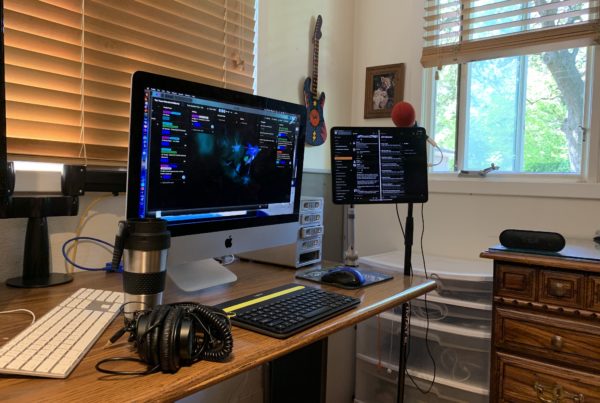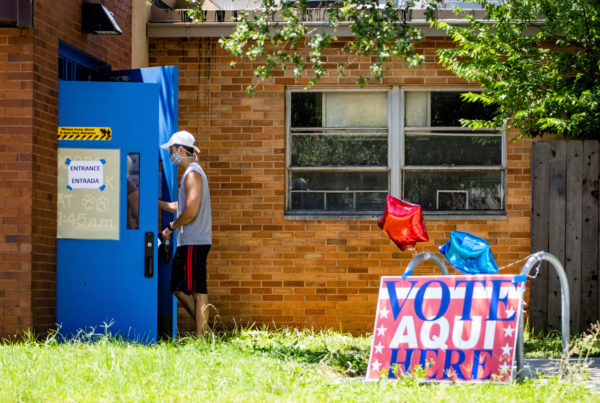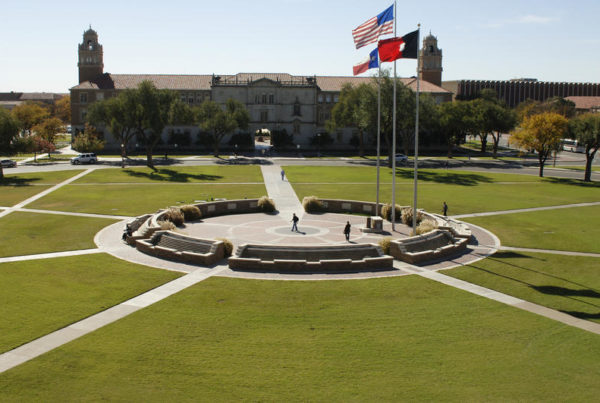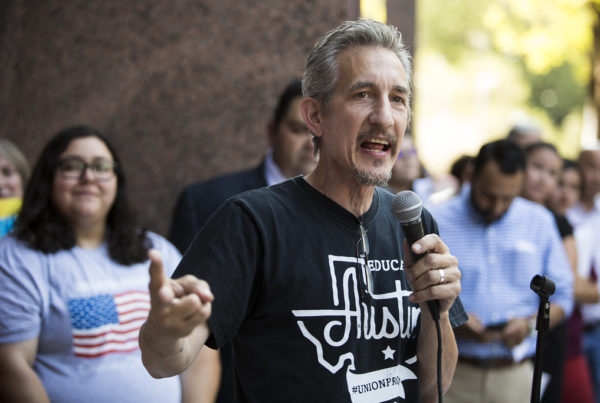From Texas Public Radio:
Grey Forest, a small town near San Antonio, recently lost its recycling program. Part of the problem originated on the other side of the world, and one resident is trying to find a solution.
The community is tucked away in the hills and oak trees, just outside San Antonio’s city limits. In the 1920s, it consisted of summer homes and hunting camps for wealthy San Antonio residents.
Today, Grey Forest has a population of around 500 and is an incorporated city, with its own gas and water utilities, and even its own police department. It’s also known as an artist colony of sorts, with a yearly showing for local artists.
The city regularly paid for recycling services and trash pickup for all its residents. But that recently changed without much warning.
“My fiance and I are both from Oregon,” resident Halsey Schider, “and we’re just like raised to recycle.” She remembered feeling surprised when the recycling bin just disappeared.
“And then one day we just didn’t have that anymore,” Schider added, “which was really kind of bizarre. … I think I actually found out about it on (the neighborhood social network, Nextdoor.”
Jen Nottingham is a longtime resident who sits on the city council. She explained what happened to the recycling service.
“[The] waste management company that picks up our garbage and had been picking up our recycling came to council,” she said, “and explained that like 76% of what they picked up never got recycled and went into a landfill and just gave us a really really bleak picture of recycling.”
So, not only was the recycling material not being recycled, it was going to cost more, and there was no cap on the price increases.
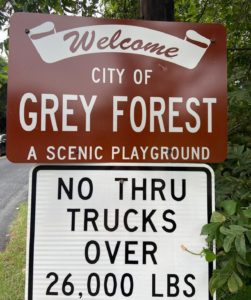
According to a recent study by the Pew Charitable Trust, this scene has played out in many cities across Texas and the U.S. They say small town recycling programs cost more than those in large cities.
Rose Ryan is a former director of the environmental services department in San Antonio. She was instrumental in bringing automated recycling to the city.
“The bottom fell out of the recycling markets when China in 2018 established their national sword policy in response to the U.S. tariffs,” she explained. “This placed tariffs and bans on American products (and) unfortunately one of those product markets was recycling materials. The reason that the impact was so large is that the United States was shipping 40% of the recycling products to China.”
Kate Feist and her husband are retired television producers who settled in Grey Forest about two years ago.
“I was really angry when I found out at a city council meeting late last year that recycling was going to be rescinded,” Kate Feist said.
Feist has become a one-woman warrior for recycling. When she first tried to learn more about recycling, she found that good information was hard to come by.
“If you go onto the EPA website to look for some statistics on recycling,” she explained, “there’s absolutely nothing since 2017, which I thought was very curious.”
Feist tried to rally neighbors to sign up for a new recycling program. She needed several households to participate. Despite her efforts, not enough people signed up.
But she didn’t give up. “What I’m doing right now, because I can’t stand to throw things away knowing they’re going into a landfill,” she said, “is that I’m just starting to collect them.”
Feist came up with a new plan: She hopes to get a common recycling bin for the city after seeing them in the neighboring city of Helotes.
“You know something encouraging that I saw recently is at these drop-off locations — they are just overflowing,” she said. “So that tells me that people want this. And so, I’m trying to give it to them. I just need help.” She laughed.
Feist is trying to negotiate a deal with a local waste management company where common recycling bins would be a permanent fixture for residents. She plans on bringing her idea to the city council soon.
Jerry Clayton can be reached at Jerry@tpr.org or on Twitter at @JerryClayton.


